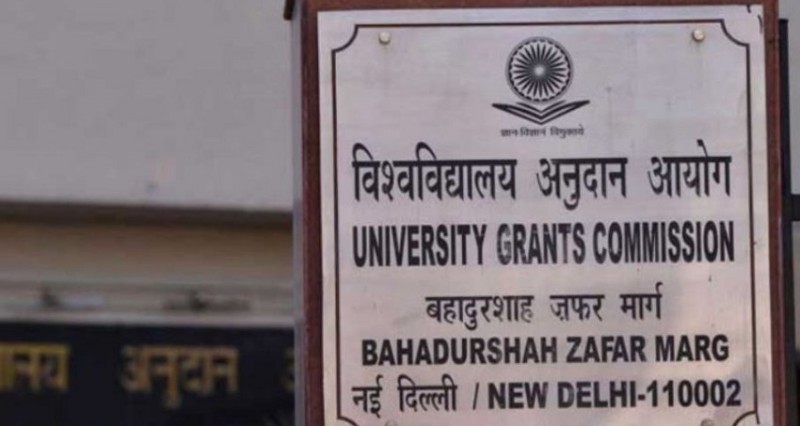
The University Grants Commission (UGC) has unveiled a draft notification outlining significant changes in higher education through the UGC (Minimum Standards of Instructions in the Award of UG and PG Degrees) Regulations 2024. These reforms aim to enhance flexibility, inclusivity, and multidisciplinary learning opportunities for students across India.
Biannual Admissions Introduced
The proposed regulations introduce biannual admissions, allowing higher education institutions (HEIs) to admit students twice a year, during July/August and January/February. This initiative is targeted at institutions prepared to adopt the system effectively.
In addition to this, provisions for multiple entry and exit options, continuous formative assessments, recognition of prior learning, and the opportunity to pursue two undergraduate or postgraduate programs simultaneously have been incorporated.
Flexible Eligibility Criteria
The new regulations eliminate the rigid discipline-specific requirements for admissions. Students from any academic background can enroll in undergraduate or postgraduate programs, provided they qualify in the relevant national or university-level entrance examinations.
Key Features of the Draft Regulations
Highlighting the benefits, UGC Chairman M. Jagadesh Kumar said the reforms are designed to align Indian higher education with global standards while fostering inclusivity.
Students will now have the option to allocate 50% of their academic credits to their major discipline, with the remaining credits dedicated to skill development, apprenticeships, or multidisciplinary studies. Institutions will also have autonomy in setting attendance requirements, adapting to diverse academic needs.
The duration for undergraduate degrees will typically be 3-4 years, while postgraduate programs will range from 1-2 years. However, the regulations allow for flexibility in course duration, depending on the individual needs of students.
Accelerated and Extended Degree Programs
The introduction of the Accelerated Degree Programme (ADP) and Extended Degree Programme (EDP) is a pivotal feature of the draft regulations.
Key Details:
Enhanced Pathways for PG Programs
Students completing a four-year undergraduate degree in relevant disciplines (e.g., BSc Hons, BE, or BTech) will be eligible for two-year postgraduate programs, such as ME or MTech.
The proposed reforms signify a progressive step towards modernizing India’s higher education landscape. By introducing biannual admissions, flexible learning paths, and the ADP/EDP options, UGC aims to create a more adaptive and globally competitive system that caters to diverse student needs.
We also covered the following articles recently: